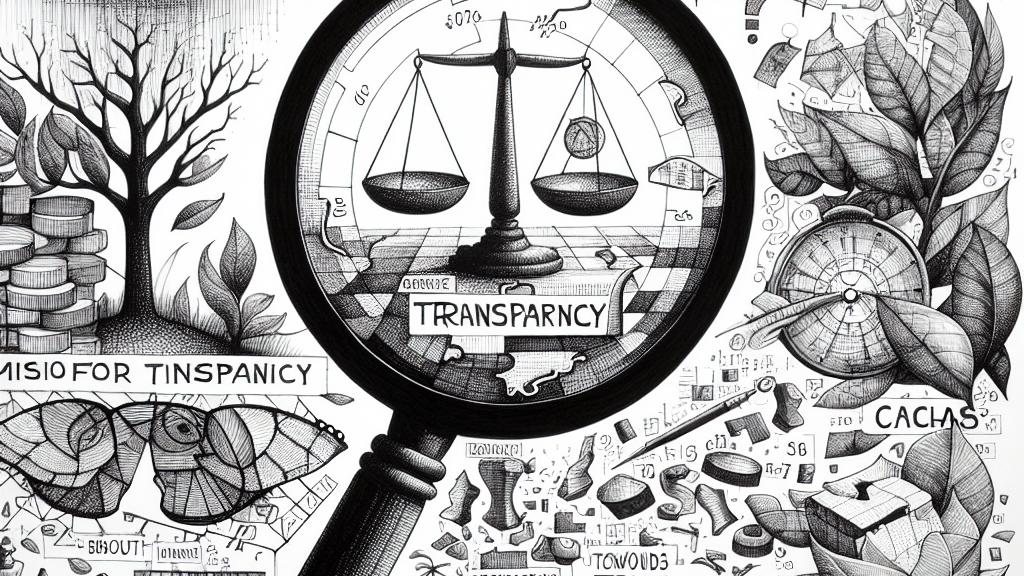Understanding the Challenges of Counting Deaths in Gaza
Overview
- The official death toll in Gaza has risen to an alarming 41,000 amidst ongoing hostilities, marking a tragic loss of life.
- Counting casualties faces significant hurdles, including difficulties in recovery efforts and restricted access to affected areas.
- Discrepancies in death toll figures highlight troubling political dimensions and underscore the urgent need for accurate data.

The Context of Conflict in Gaza
The war in Gaza has led to a catastrophic humanitarian situation, with the Palestinian Ministry of Health currently reporting over 41,000 deaths. This staggering toll draws attention not just to the numbers, but to the countless stories of families shattered and communities disrupted. Independent organizations, such as Airwars and the United Nations, diligently work to track mortality figures, confronting the reality that reliable information is often scarce. For instance, researchers have noted discrepancies between government reports and civilian accounts, which complicates our understanding of the full toll this conflict has taken. In a region steeped in chaos, the quest for transparency and accuracy regarding human losses becomes profoundly challenging.
Challenges in Mortality Assessment
Counting the casualties in Gaza is fraught with difficulties that can overwhelm even the most determined efforts. The densely populated landscape poses unique challenges—imagine entire families being wiped out in a single attack, and the aftermath leaves many bodies unrecovered. As access to medical assistance diminishes, with less than half of Gaza's hospitals operational according to the World Health Organization, the ability to compile accurate casualty counts declines precipitously. Moreover, in the chaos of war, families often struggle to retrieve their loved ones, further complicating the tallying process. Reports indicate that many fatalities go unrecorded simply because the survivors, overwhelmed by grief and fear, hesitate to come forward. The realities of counting the dead are not just statistics; they reflect the heartbreaking human experience of loss during conflict.
Political Implications and Data Integrity
The integrity of casualty figures in Gaza often falls under intense scrutiny, particularly when political narratives enter the fray. Notable figures, including U.S. President Joe Biden, have openly questioned the trustworthiness of data released by the Palestinian health ministry, suggesting potential biases in reporting linked to Hamas. Critics argue that such skepticism may overlook the genuine suffering represented in these figures; behind every statistic lies a story of loss and grief. Yet, while skepticism towards data is healthy, it is vital to recognize the broader implications of this discourse. Each reported death symbolizes not just a number, but lost potential, broken families, and a stark reminder of the conflict's brutality. Therefore, advocating for accurate mortality data is critical, as it serves as both a tool for accountability and a means to honor those who have lost their lives.

Loading...